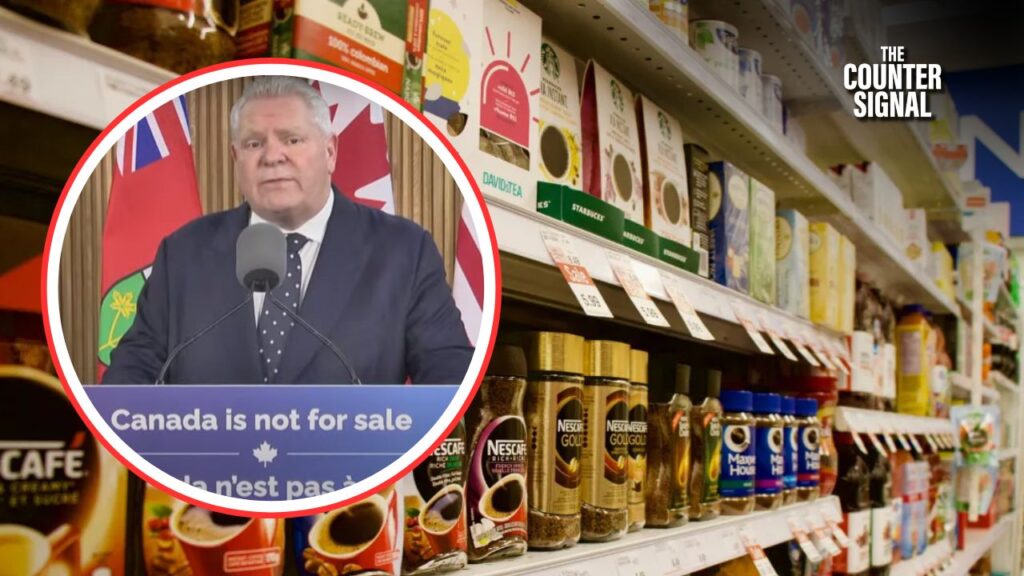Budget 2024 has revealed that the Canadian government is exploring “halal mortgages” for Muslims looking to buy real estate. But what on God’s green Earth is a halal mortgage anyway?

As per page 76 of the budget, the Liberals say that the government is “exploring new measures
to expand access to alternative financing products, like halal mortgages. This could include changes in the tax treatment of these products or a new regulatory sandbox for financial service providers, while ensuring adequate consumer protections are in place.”
The government began consulting financial service providers in March of this year to look into the feasibility of halal mortgages with the goal of increasing home ownership. They say they’ll provide an update in the 2024 Fall Economic Statement.
So what is a ‘halal mortgage’?
A halal mortgage is a mortgage that is compliant with Shariah law (i.e., not ‘haram’), and that means no interest payments on loans.
While this sounds incredibly unfair to non-Muslims—and under certain arrangements, it could be—generally, halal mortgages cost prospective homeowners more than conventional mortgages would, as lenders have to adjust loan payments for increased risk.
In general, there are three types of halal mortgages provided by Islamic banks (which Canada is apparently going to be adopting soon): Murabaha, Ijara, and Musharaka.
Murabaha is the most simple. The bank or financier buys the property outright and sells it back at a higher price that includes potential profit and takes into consideration various factors like risk profile, property value, repayment term, credit history, etc., after the expected total interest over a period has been added to the base price.
According to NerdWallet, this type of loan already exists in Canada in various forms.
Ijara is essentially a rent-to-own plan, which involves paying increased rent (after expected interest is considered) over a fixed term, at which point ownership is transferred.
Musharaka is a joint-ownership plan in which payments are increased for the prospective homeowner at the beginning of the term so as to buy back shares of ownership of the home from the other partner (i.e., the entity providing the loan).
As with Murabaha, both of these mortgages have additional costs/raised rates involved to compensate for the increased risk taken on by the lender, as well as having the expected interest payments added into the base price.
Thus, while the idea of an interest-free mortgage via a halal mortgage may sound like a sweet deal, it’s probably a bad idea compared to a conventional mortgage and will end up costing more.









